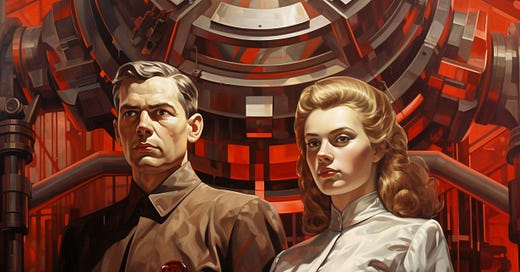Rapid progress in artificial intelligence, especially large language models such as ChatGPT, has rekindled an old debate about the feasibility of top-down economic planning. While 20th-century experiments in socialism ultimately failed, some techno-socialists have argued a new set of tools could help planners outperform markets. But today’s guest argues no amount of computing power or sophisticated algorithms can overcome the fundamental issues with socialist planning. Pete Boettke joins this episode of Faster, Please! — The Podcast to discuss.
Boettke is a university professor of economics and philosophy at George Mason University and director of the F.A. Hayek Program for Advanced Study in Philosophy, Politics, and Economics at the Mercatus Center. Last year, he and Rosolino Candela authored the paper, “On the Feasibility of Technosocialism.”
In This Episode
Technosocialism in the 20th century (1:34)
The appeal of economic planning (6:14)
The recent resurgence of socialism (10:34)
Can AI aid industrial policy? (24:08)
Not wrong, just early (32:51)
Check back tomorrow at Faster, Please! for the full transcript of this interview. (Typically each podcast includes the transcript, but I’m currently traveling. So please forgive me!)














Share this post